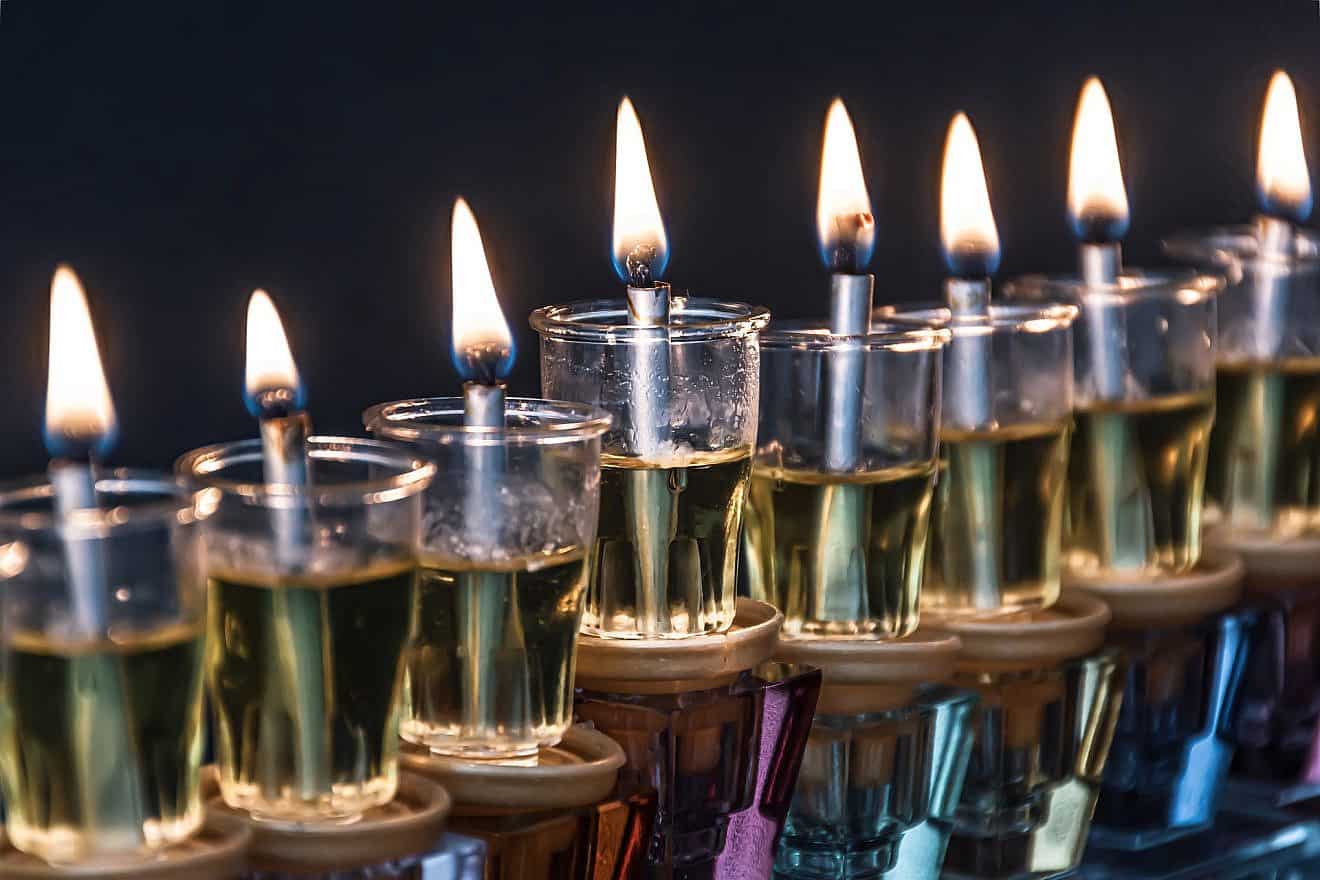As a young boy, I eagerly anticipated Chanukah. While I loved watching the number of candles increase each night and eagerly anticipated my parents’ gifts, my special delight came once my father set up my Lionel electric train for the duration of the holiday. I was its undisputed commander, regulating its speed and pressing the sound button as it neared the tunnel. But once my bar mitzvah passed (after four tedious years of after-school Hebrew studies), there no longer was any Jewish content in my life. So it was for the duration of my boyhood and among my high-school and college friends.
Decades later, well into my career as a historian and college professor, I happened to cross paths with a former colleague. He told me about his recent trip to Israel, sponsored by the American Jewish Committee, for “disaffected” Jewish academics. I instantly knew that I was qualified; so did the AJC interviewer. The 10-day journey, especially in Jerusalem and Hebron, was a life-transforming experience. I realized, for the first time, that I was proud to be a Jew. One year later, I became a Fulbright professor of American History at Tel Aviv University.
A highlight of my year in Israel was a five-day journey with my family to the Sinai Desert. But I became instantly edgy when I arrived at the departure place and noticed that five of my fellow travelers were teenage boys, all of whom wore kippahs and had tzitzit dangling over their ears. Why, I wondered, were they here? Why was I here? Had I mistakenly stumbled into a gathering of Orthodox Jews? But I was comforted when they played games with the young children aboard (including mine) to distract them from the long bus ride.
By the time we arrived at our desert destination, it was pitch-black outside. We scrambled to find our baggage as it tumbled down from the top of the bus, but the yeshivah boys had a different priority. They opened a small table and called all of us to join them. Then they lit the first candle of Chanukah and led us in singing “Ma’oz Tzur” together. It was the first time in decades that I heard it. and I surprised myself when I remembered some of the words. It was a powerful moment of Jewish identification that I had never before experienced. The increasing number of candles each night left an enduring impact.
We returned to Jerusalem in time to celebrate the eighth night. The question was where. Because we did not have any Chanukah candles to light, or a menorah to place them, I suggested that we go to the Western Wall in the Old City of Jerusalem to see whether we might fight a Chanukah celebration there. Reaching the Western Wall plaza, we were swallowed in a packed and noisy gathering of many hundreds (perhaps even a thousand) of Jews. Several moments after our arrival, there was a loud “whoosh” as eight barrels of oil at the top of the wall burst into flame. The crowd spontaneously burst into “Ma’oz Tzur.” It was a moment of Jewish joy that I had never before experienced.
As the “Festival of Lights” nears an end, I am once again reminded of my boyhood experience of that special holiday, its disappearance into my adulthood, and, ironically, its revival by a handful of yeshivah boys in the Sinai. Unbeknown to them, they opened the door to my buried Jewish identity. The Western Wall was its powerful affirmation. Celebrating Chanukah, each candle-lighting, especially the eighth, reminds me who I am and enables me to affirm my identity as a proud Jew.


























